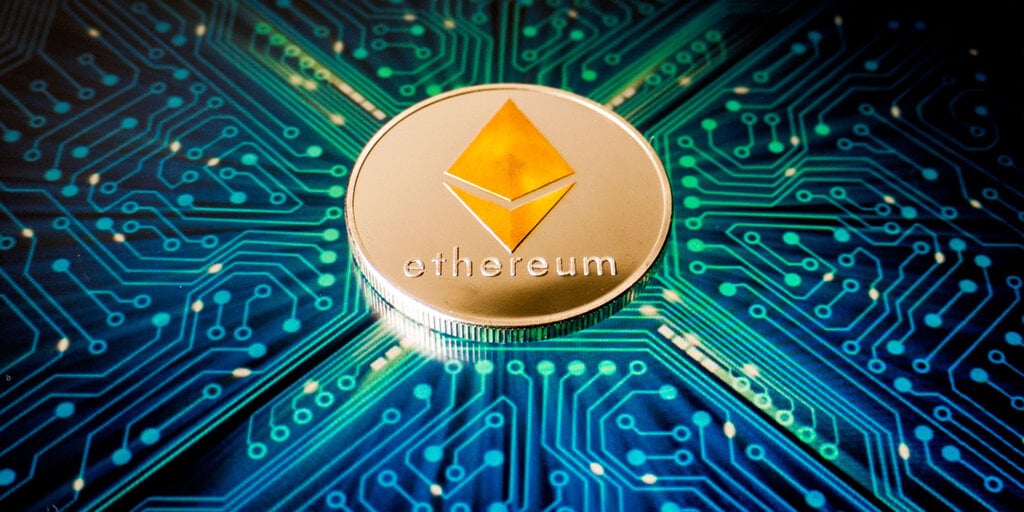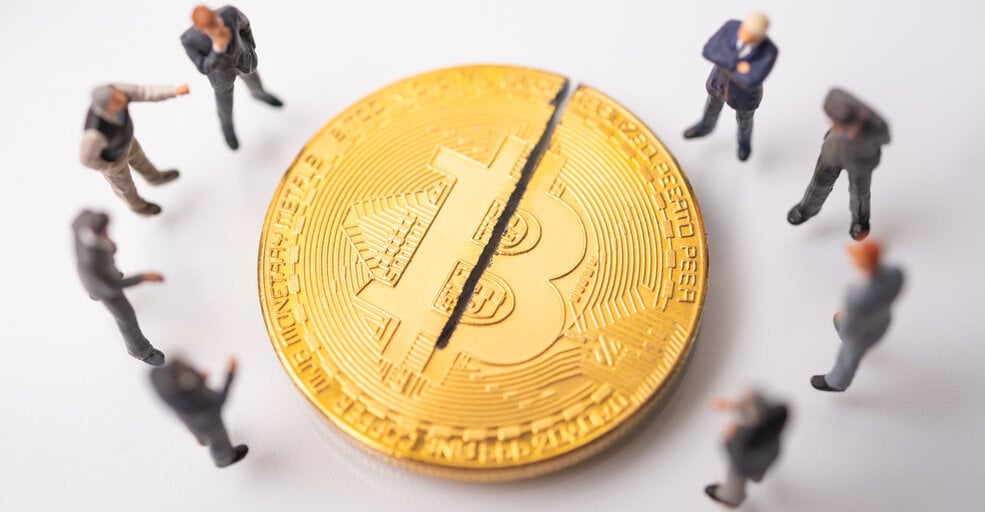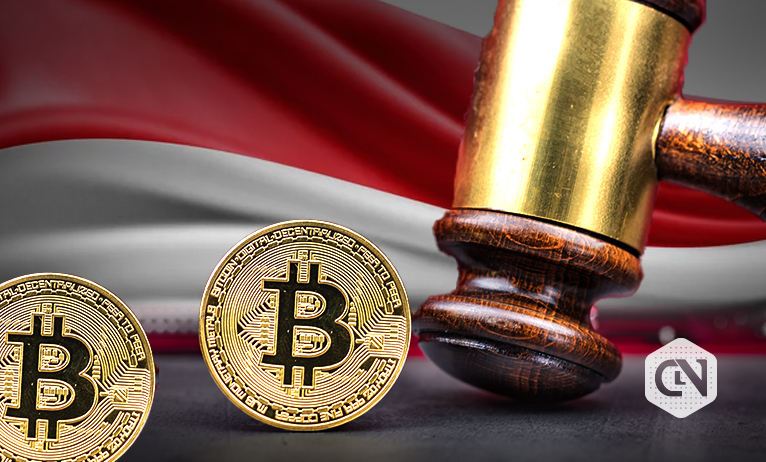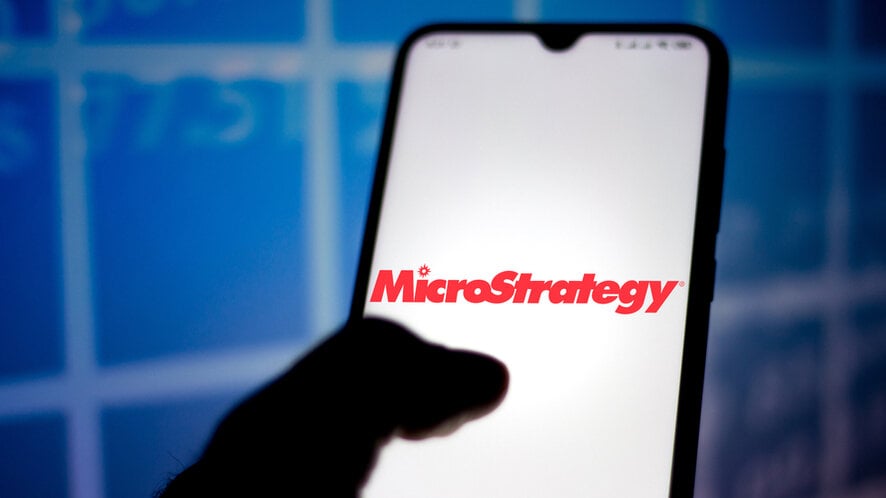The Impact of the Dencun Upgrade on Ethereum Layer-2 Networks
Heralded by Ethereum developers as the technical milestone they had been longing for, last week’s Dencun upgrade aimed to revolutionize the Ethereum ecosystem by significantly reducing the cost of transactions on its layer-2 networks, thus enhancing accessibility. A pivotal question arises one week after its implementation: How have things unfolded?
Overall, the Dencun upgrade has fulfilled its promises. Across layer-2 networks that have integrated the update, gas fees have plummeted to remarkable lows, often by more than 90%. Presently, median transaction fees on layer-2 networks such as Arbitrum, Starknet, Optimism, Base, and Zora have dropped to one cent or less, as reported by data from Dune and the Ethereum analytics platform Grow The Pie. This equates to an impressive 91% to 95% decrease in costs for these networks.
Day by day, these costs are continuing to diminish, moving from one cent to fractions of a penny. This remarkable reduction in gas fees is primarily attributed to proto-danksharding, a pioneering data storage solution powered by blobs. Blobs facilitate the temporary storage of layer-2 data on-chain for roughly a month, a feature previously unavailable prior to the Dencun upgrade.
Impact on Transactions
The substantial reduction in on-chain fees resulting from Dencun has not only affected ETH transfers and token swaps but has also profoundly impacted more substantial NFT-related transactions. On Zora, a layer-2 network developed by the NFT platform of the same name, NFT transfers dominate transaction activities. However, the median transaction cost on this network currently stands at 9/10ths of a penny.
Comparatively, on the Ethereum mainnet, the average cost of an NFT sale is $72, according to Etherscan. Just weeks ago, this cost soared close to $400 per NFT transfer due to network congestion.
Integration Challenges and Future Outlook
Despite the remarkable progress, not all layer-2 networks have seamlessly integrated Dencun-related updates into their settlement contracts. Polygon, for instance, has yet to witness a substantial decline in gas fees, with mean transaction costs hovering around $0.72. Polygon Labs VP of Product David Silverman has expressed confidence that all layer-2 networks, including Polygon, will complete the integration with Dencun within the next month or two.
While the impact of Dencun is evidently significant, critics from outside the Ethereum ecosystem, as well as developers within it, have voiced concerns about the potential rise in transaction costs with increased network traffic.
Despite these challenges, most layer-2 networks have experienced a surge in network activity following the reduction in gas fees. Daily transaction volume has more than doubled on Optimism, Base, Arbitrum, and Zora within the week since the upgrade, nearly tripling on Starknet. Gas fees on these networks currently average one cent or less.
Many developers foresee a paradigm shift in user engagement with Ethereum, with routine transactions increasingly shifting to layer-2 networks, away from the mainnet. However, recent advancements in layer-2 networks do not appear to impact the Ethereum mainnet negatively, as reflected in consistent or slightly increased traffic levels compared to the previous year.
Image/Photo credit: source url





